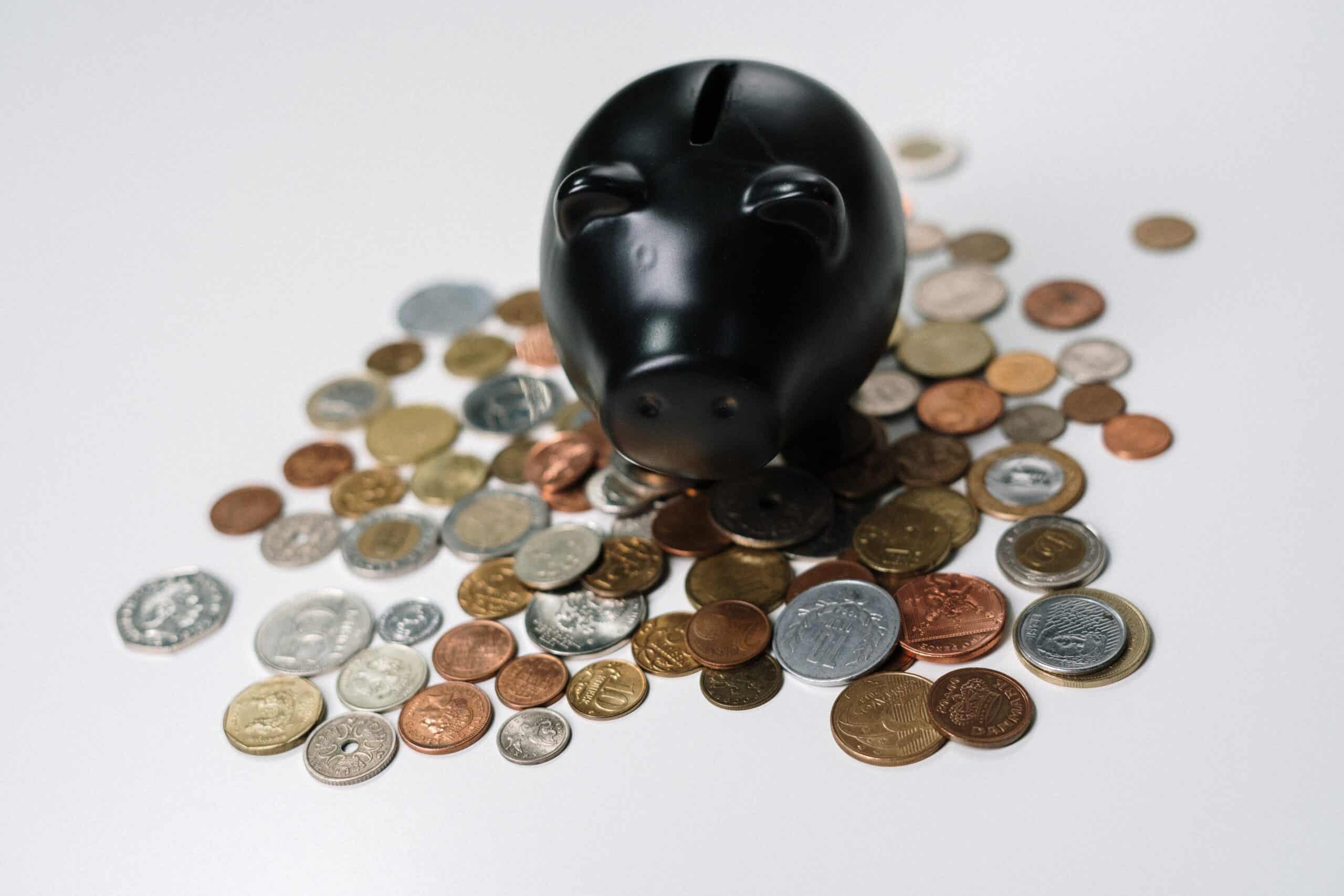List of Banking Terms to Help Fresh Graduates & Young Professionals
Congratulations! You’re now one step away from your main goal – to work and achieve your dreams in the corporate world.
Or, maybe you want to be an entrepreneur – running your own business and translating your vision to reality.
Whatever your goal is, money will be a very useful tool for your #lifegoals. Yes! You’re absolutely right. Your salary, income, sales, profit, incentives, or bonus will be your means to achieve your dreams.
Do you want to survive daily work? Budget your allowance.
Are you thinking of building your emergency fund asap? Set aside a portion of your monthly income.
Have you decided on your first business? Work on your capital and credit score.
Before you dwell on the challenges of saving, investing, and funding, it’s very important to start with the basic – saving.
Banks have become competitive and creative in offering saving options for their clients. It is normal to be confused when you go to the bank, especially if you don’t have any experience from opening one.
I experienced the same, and I’d like to help you! Here are the banking terms you will encounter as your start your financial freedom journey.
[lwptoc depth=”6″ hierarchical=”0″ numeration=”decimal” title=”Your Guide” titleFontSize=”default” itemsFontSize=”12pt” colorScheme=”inherit” backgroundColor=”#f1f9fd” titleColor=”#024769″ skipHeadingLevel=”h1,h6″ skipHeadingText=””]Banking Terms for Saving and Transactions
Savings Account. This is a type of bank product that allows you to save money with a fixed or minimal interest earning. It’s perfect if you want to save money especially for your emergency fund.
Debit Card. This is a card linked to your savings account. Unlike the regular ATM card, you can use it to withdraw money and purchase items with VISA or Mastercard facility.
Passbook Account. Similar to a debit card, it’s also associated with your savings account. It comes with a passbook that records all your transactions, deposit or withdrawal of funds.
Checking Account. It’s mostly known or seen as a current account in ATM. Although it can be used for saving, most people prefer having a checking account for transactions. It can be used for loans, mortgage, payments, and others.
Payroll Account. It’s a savings account provided by your company for your salary. Some banks allow users to convert their payroll account to a traditional savings account.
Time Deposit. It is a traditional savings account that allows users to save money by keeping it safe or locked within the agreed period. Most time deposits must not be withdrawn for at least a year. Moreover, each bank offers interests based on how much you saved.
Explore Products

Banking Terms for Investment
Unit Investment Trust Fund. Are you looking for various ways to earn aside from the bank account interests? You may try mutual fund or unit investment trust fund (UITF). It’s a pooled fund managed by financial managers.
Money Market Fund. If you want to invest for short-term, money market is perfect for you. It’s usually offered for those who want to preserve their funds.
Balanced Fund. If you want to invest your money with medium-risk, you may choose balanced fund. Fund managers choose two to three assets to diversify your sources.
Equity Fund. This is for aggressive investors who wish to invest for long-term. In addition, these funds are dependent on stocks.
Explore Products
Banking Terms for Loan
Credit Card. Different from a debit card, your bank will assign your credit card a certain limit. You can use it to spend for your personal purchases, online bills, and others. It usually requires at least 180,000php annual gross income.
Personal Loan. If you feel the need to borrow cash for personal emergency, you may ask for your bank regarding this. Remember that it has an interest and requires good credit score.
Housing Loan. For your first house purchase, house loan or bank financing is the key. Banks allow clients to mortgage up to 80% of the total contract price.
Auto Loan. Is your car essential for your work or business? You can ask your bank to finance your car. They usually require postdated checks for payments.
Explore Products

Other Banking Terms
PDIC. Do you often see statements claiming that your deposit is insured up to 500,000php by PDIC? It’s true. Philippine Deposit Insurance Corporation, or PDIC is a government institution responsible to all insurance of depositers.
Credit score. Each depositor or payor has a credit score that determines whether you are high or low risk in terms of borrowing money. In the Philippines, we have CBIC and Transunion that provide credit scores to individuals.
Suitability Assessment. Some banks require clients to answer this forms. Just answer it with honesty since it’s an assessment form to determine whether the bank product fits you or not.
That’s it! I included some websites of banks that you may want to visit. When in doubt, ask the customer service in the bank or via phone call. You can also reach them out thru messenger or Twitter.
Post your comment or share your learning.
Want to apply for your first card? Go for Citi Simplicity.










